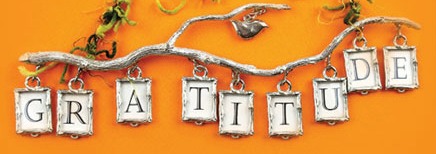Living In Gratitude: Mental Load
In most relationships – even modern, progressive ones – one person typically spends more time doing most of the thinking work or what’s known as carrying the mental load.
Mental load is a term that refers to the invisible work done to manage and oversee a household and family.
Known for his research on relationships, Dr. John Gottman discovered a “magic ratio” of positive to negative interactions in every relationship. Five or more expressions of appreciation for every negative interaction keep a relationship strong.
Since the mental load is unseen by others, the time, effort, and energy of managing this ongoing work goes unnoticed and unappreciated. This lack of gratitude can unbalance the “magic ratio,” resulting in a build-up of resentment and frustration.
A study published in the American Sociological Review describes mental load as the responsibility of “anticipating needs, identifying options for filling them, making decisions, and monitoring progress.”
Being responsible for this mental or cognitive load is a lot of work. It entails keeping comprehensive lists of what needs done, all of the various steps to achieve each task, doing or delegating each task, and ensuring completion of each.
In a recent episode of the “We Can Do Hard Things” podcast with Glennon Doyle, mental load was likened to carrying a heavy backpack around that no one else in your family can see.
Read more

